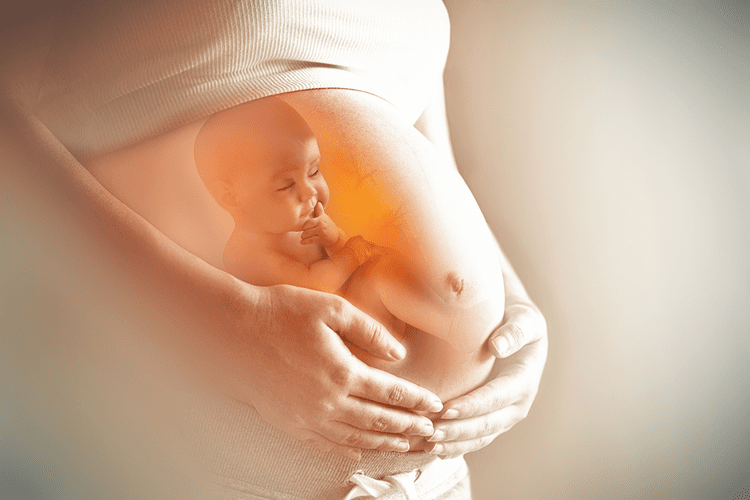Talk with a healthcare professional if you’re concerned you may experience detox symptoms when quitting drinking or cutting back. For most people, alcohol withdrawal symptoms will begin sometime in the first eight hours after their final drink. You don’t need to be diagnosed with alcohol use disorder in order to quit drinking.

Other Benefits When You Stop Drinking

Tap into your social network to help support you through alcohol withdrawal. Find a supportive friend or family member to be with you while you withdraw and support your new non-drinking lifestyle. People with alcohol use disorder should be monitored by a medical professional when withdrawing from alcohol. Moderate to heavy drinkers can also benefit from medical supervision in the acute withdrawal stage.
- Alcohol use disorder frequently occurs alongside other mental health conditions.
- It’s often easier to turn down a drink when you don’t have to do it alone.
- A big part of alcohol recovery is taking steps to improve your lifestyle through changes like diet and exercise.
- Some people can be treated at home, but others may need supervised care in a hospital setting to avoid potentially dangerous complications such as seizures.
- Here are suggestions for how to get through alcohol withdrawal at home.
Benefits Beyond 30 Days of No Alcohol
You see, if drinking was really just “all bad,” very few of us would ever get hooked. The tricky thing about alcohol is that it often starts with benefits—perceived benefits, at least. At this point, you may have alcohol cravings or drink to avoid the low feelings withdrawal causes rather than for the pleasurable feelings alcohol consumption may offer. Over time, your brain’s structure and function change, leading to tolerance, meaning you may require higher amounts of alcohol to achieve the desired effects. These brain changes contribute to the compulsive nature of addiction, making it difficult to abstain from alcohol. As a result, they eventually need to drink more to notice the same effects they once did.
- Studies have also connected alcohol use to an increased risk of stroke, especially for people under the age of 45 years old.
- Alcohol has sedative properties, so while it may cause you to fall asleep faster, your sleep quality will suffer, says McMahon.
- If you stop drinking for a week, you might notice some positive changes in your gastrointestinal system.
- It also provides an overview of the alcohol withdrawal timeline process and when to discuss your drinking with your healthcare provider.
- Volpicelli explains that this volleying can also lead to low motivation or anxiety and depression.
Behavioral Treatment
They can assess your overall health and drinking patterns and help create a treatment plan. Your provider can also assess to see if there’s a need for medication to help reduce or stop drinking. Plus, they can link you to support services and track your progress through follow-up visits. Sober House You may experience improved digestive well-being as you abstain from alcohol. The irritation alcohol inflicts on the stomach lining, often causing nausea and discomfort, diminishes. With heavy drinking, the liver and pancreas can become inflamed, leading to digestive issues.
- But sometimes uncomfortable symptoms stick around for months or years.
- Inside my 7-Day Toolkit, you can find my favorite tool, the 3-minute drinking diary, to help you uncover the hidden perceived benefits of drinking.
- As these early experiences shape our perceptions, they lay the groundwork for new associations that reinforce our drinking habits over time.
- Your health and wellness is unique to you, and the products and services we review may not be right for your circumstances.

Years of moderate to heavy drinking can cause liver scarring (fibrosis), increasing the risk of liver diseases like cirrhosis, alcoholic hepatitis, fatty liver disease, and liver cancer. Inpatient treatment, or staying at a hospital or care facility, may be necessary for someone with moderate to severe symptoms of alcohol https://thewashingtondigest.com/top-5-advantages-of-staying-in-a-sober-living-house/ withdrawal. Inpatient treatment allows healthcare professionals to monitor you for DT or hallucinations, monitor your vitals, and administer fluids or medicine intravenously if needed. The symptoms of alcohol withdrawal delirium include withdrawal seizures that can occur between 8 and 28 hours after your last drink.
By this point, most physical withdrawal symptoms should have subsided and you should start to feel less anxious and more positive. It’s important to remember that they are only temporary and will usually subside within a few days. For individuals with severe alcohol dependence, however, withdrawal symptoms can be more severe and may require medical attention. Alcohol consumption irritates the lining of the stomach and intestines. A night of drinking can cause uncomfortable symptoms like diarrhea, nausea, and vomiting.
You may need to get fluids intravenously, or through your veins, to prevent dehydration and medications to help ease your symptoms. Some people can be treated at home, but others may need supervised care in a hospital setting to avoid potentially dangerous complications such as seizures. A high fever, hallucinations, and heart disturbances are all reasons to seek immediate help. If left untreated, withdrawal can progress to complicated alcohol withdrawal. Therapy can help you understand why you drink and learn new habits so you can live a healthy lifestyle that doesn’t rely on alcohol as a crutch.
It May Reduce Cancer Risk
However, when you stop drinking, your liver will begin to repair itself and the damage will start to reverse. You might notice this effect more if you were drinking to manage your mood, such as drinking to temporarily relieve negative emotions or boost positive ones. Fortunately, reducing your alcohol use can help improve your sleep over time, although you might experience more sleep disturbances for some time after you quit.
If you’re otherwise healthy and can stop drinking and get treatment, the outlook is usually good. However, sleep disturbances, irritability, and fatigue may continue for months. If you drink daily, your body becomes dependent on alcohol over time. When this happens, your central nervous system can no longer adapt easily to the lack of alcohol.
